On the afternoon of November 4, the Hanoi Department of Education and Training held a seminar on developing digital transformation solutions in schools and implementing foreign language teaching at colleges, intermediate schools, vocational education centers - continuing education centers. The seminar aimed to concretize the goals of the Government's Project "Making English a Second Language".
Promoting AI application in foreign language teaching and learning
Speaking at the seminar, Ms. Dao Thi Thu Huong, Head of the Foreign Language Department,FPT Polytechnic College, said that currently 100% of students have studied and taken exams online, using testing and evaluation software completely on an online platform, strongly applying information technology and AI in exams.
In applying AI in foreign language teaching, it is necessary to promote all four skills of listening, speaking, reading and writing for students. Lecturers and students are taking advantage of free software to interact directly with AI, practice listening and speaking. The important thing is that students practice language reflexes and overcome psychological barriers to communication.
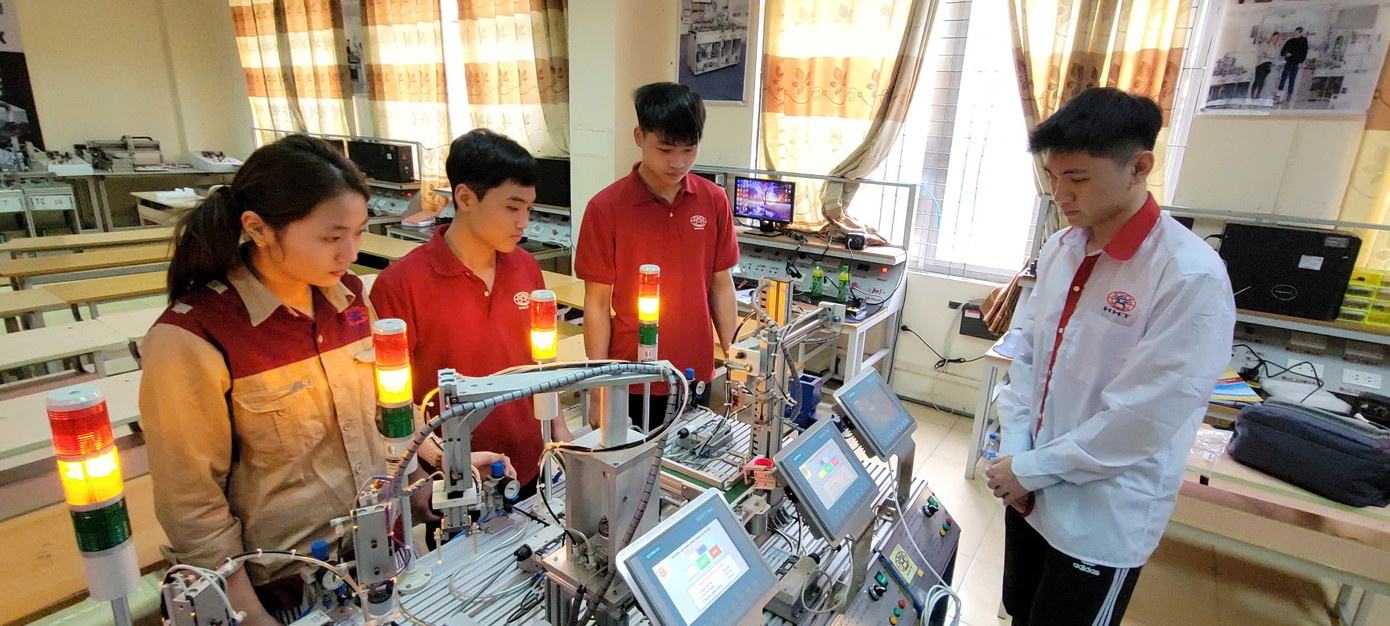
According to Ms. Huong, vocational colleges currently train students for the international labor market, so "training listening and speaking skills is a vital factor." In addition, applying AI also helps students analyze texts, explain vocabulary, sentence structure... much more conveniently.
She expressed her wish that the education sector would organize more competitions and foreign language exchange playgrounds between vocational schools, so that students have the opportunity to practice in practice.
“Even manual workers such as assemblers, car repairmen, taxi drivers... should be given the opportunity to speak English at a basic level. Only then can the quality of Vietnamese human resources be improved,” Ms. Huong shared.
Stumbling on human resources problem
Meanwhile, Mr. Nguyen Van Toan - Director of Son Tay Vocational Education and Continuing Education Center - said that despite being fully aware of the role of digital transformation in teaching and learning foreign languages, the center still faces many practical difficulties. The unit currently has only 26 staff members and must sign contracts for 64 more teachers; facilities have been invested but lack modern teaching equipment.
“Digital transformation requires a good technology platform, but we lack both human resources and financial resources. Even purchasing management software and online learning is difficult because the budget is not guaranteed,” said Mr. Toan.
He hopes that vocational training centers and continuing education centers will receive increased funding, training, and professional development to improve the qualifications of their teaching staff. “The limited workforce and lack of core teachers are the biggest obstacles at present,” he said.
According to the Director of the Hanoi Department of Education and Training, Tran The Cuong, the city currently has 29 vocational education and continuing education centers. In the context of digital transformation being an inevitable trend, popularizing digital knowledge and foreign language skills plays a key role in narrowing the digital gap and enhancing national competitiveness.
“The Hanoi education sector identifies digital transformation and international integration through foreign language proficiency as two parallel, inseparable pillars in the process of improving the quality of the capital's human resources,” said Mr. Cuong.
He also said that to implement the Project of Making English the Second Language in Schools, Hanoi currently lacks about 1,000 English teachers from kindergarten to high school. Some vocational colleges have implemented bilingual programs according to business orders, but still face limitations: lack of qualified teachers, lack of practice environment, uneven level of learners, so the efficiency is not high.
In the coming time, the education sector will focus on solving infrastructure difficulties, improving the capacity of teachers, and building digital classrooms and digital schools to make teaching and learning in foreign languages more effective.
Hanoi currently has 68 colleges, 85 secondary schools, 29 vocational education and continuing education centers, out of a total of 352 vocational education institutions and establishments with vocational education activities. More than 70% of colleges and secondary schools have deployed learning management platforms and online training management systems; at the same time, digitized records, learning materials, and electronic lesson plans.
Source: https://tienphong.vn/lam-sao-de-cong-nhan-lap-oc-vit-sua-o-to-cung-thao-tieng-anh-post1793353.tpo





![[Photo] Opening of the 14th Conference of the 13th Party Central Committee](https://vphoto.vietnam.vn/thumb/1200x675/vietnam/resource/IMAGE/2025/11/05/1762310995216_a5-bnd-5742-5255-jpg.webp)


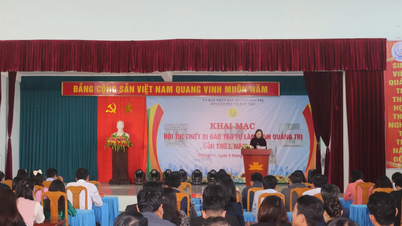




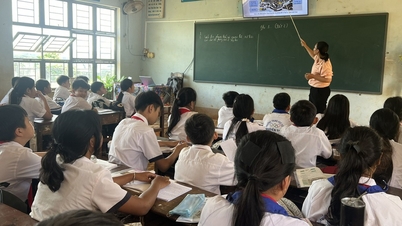

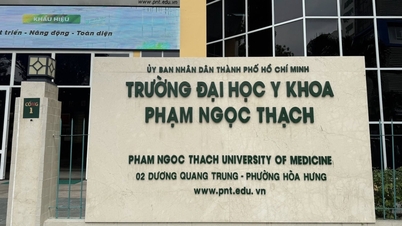

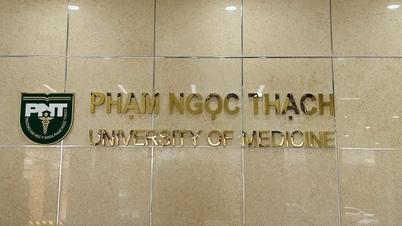








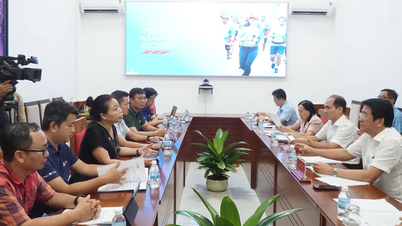

![[Photo] Panorama of the Patriotic Emulation Congress of Nhan Dan Newspaper for the period 2025-2030](https://vphoto.vietnam.vn/thumb/1200x675/vietnam/resource/IMAGE/2025/11/04/1762252775462_ndo_br_dhthiduayeuncbaond-6125-jpg.webp)




































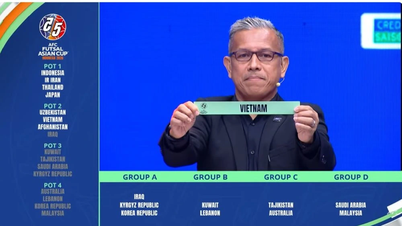













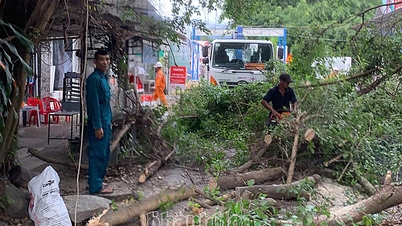

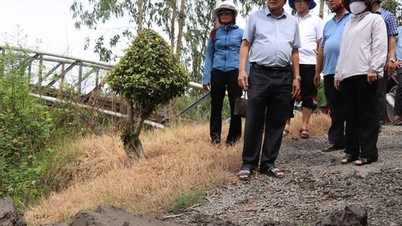

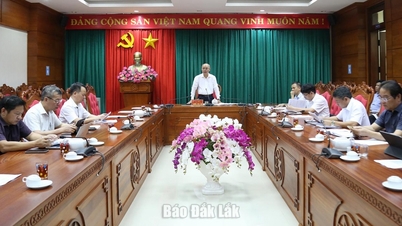

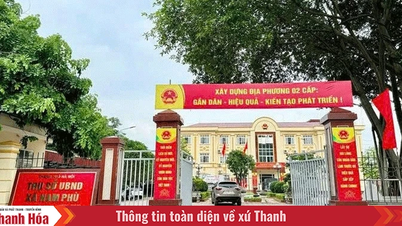

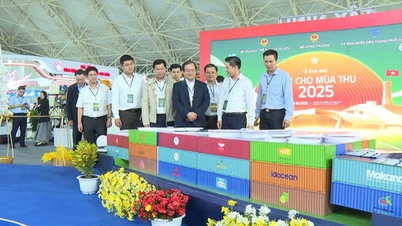
















Comment (0)